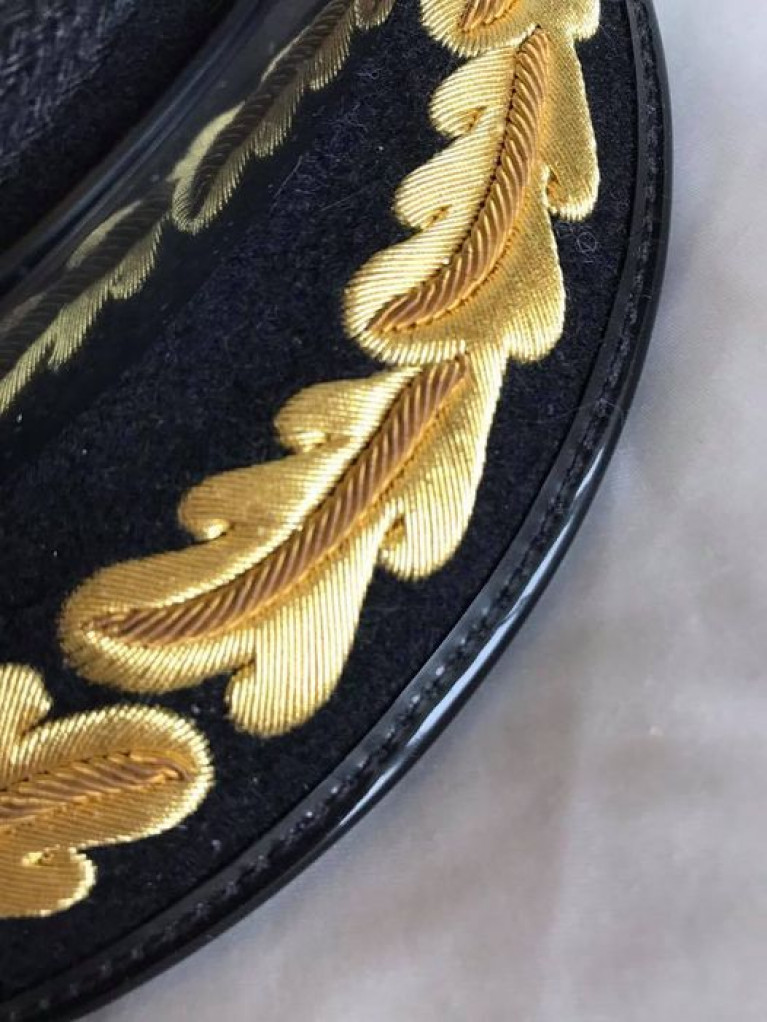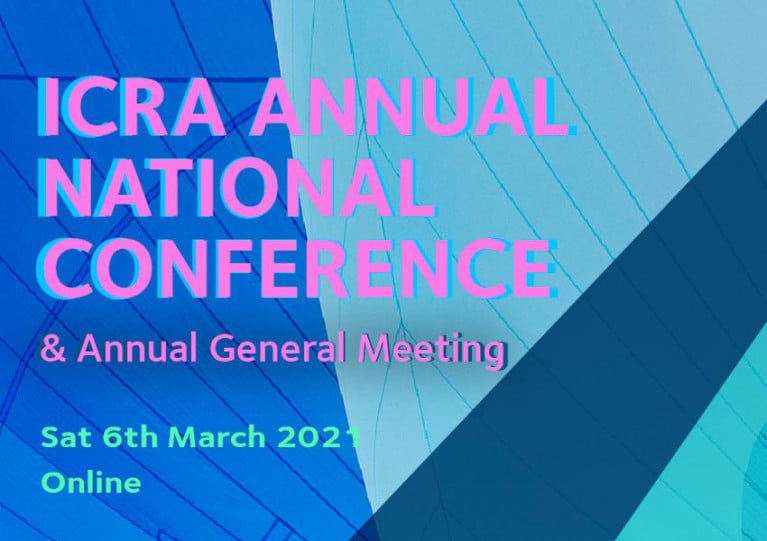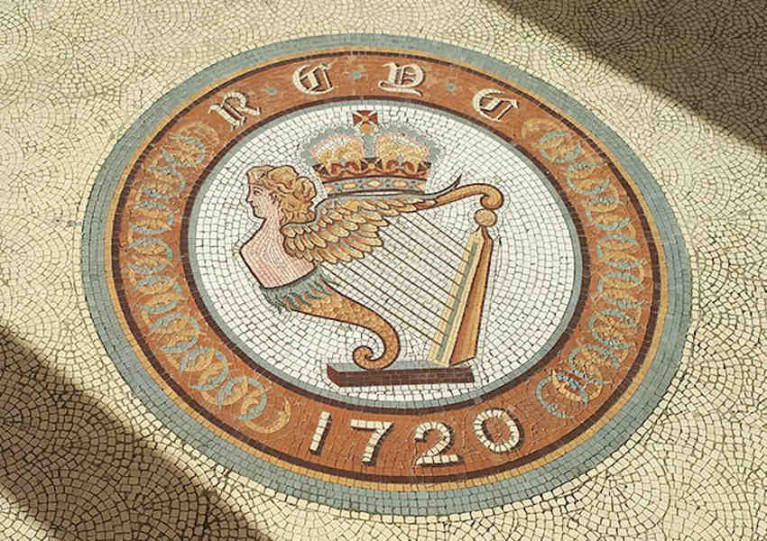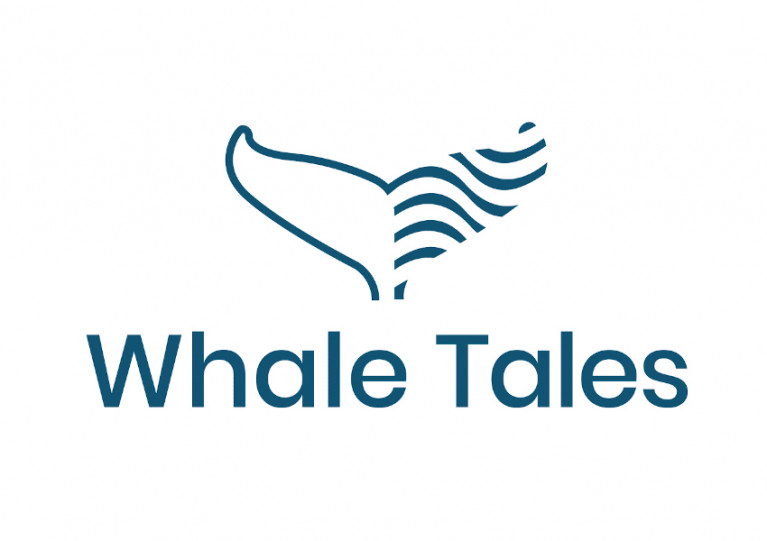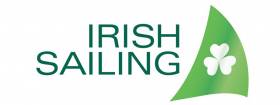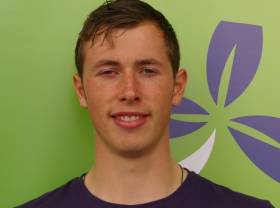Displaying items by tag: AGM
Irish Institute of Master Mariners to Host 'Zoom' Meetings this Saturday, 27 November
The Irish Institute of Master Mariners (IIMM) which is a non-political organisation promoting safe, efficient and professional maritime operations globally, is to hold two meetings using Zoom on this Saturday, 27 November.
In the morning, the next National Council meeting will be held between 11:00 - 12:30.
According to the IIMM's events, further details will be issued closer to the time. In addition, if members have anything they would like put on the agenda to please contact the national secretary. (See officers contacts).
Following this meeting, an hour later, the IIMM is to host their 2021 AGM which is scheduled to take place also on this date and between 13:00 - 14:30.
For any event updates click here in addition to links to their social media pages.
The IIMM is calling upon all Ship Masters and Deck Officers living or originally from Ireland to become a member of to the Institute (about us) which is open to you.
So to make a difference and have your voice heard in maritime affairs, consult for further details which can be found here on: www.mastermariners.com
Rowing Ireland AGM Postponed to End of October
Rowing Ireland has postponed its 2021 AGM originally scheduled for this coming Sunday 26 September until Sunday 31 October.
The national governing body’s board opted for the five-week delay to give delegates more time to prepare for voting on a number of wide-ranging proposals for Rowing Ireland’s constitution.
These include a new gender balance quota on the board of 40% women, more independent directors, and that the board would have a specified chair distinct from the president’s role.
Rowing Ireland held the first in a series of webinars to discuss the proposals last Thursday (16 September) and the next takes place this evening (Tuesday 21 September) at 7.30pm.
Register on the Rowing Ireland website, where you can also download the relevant documents.
Registration Now Open For Online ICRA Conference & AGM
ICRA has published the agenda and registration details for its 2021 Conference and AGM taking place over Zoom on Saturday 6 March.
As previously reported on Afloat.ie, RTÉ and Met Éireann’s Evelyn Cusack will head an exciting and interesting line-up of guest speakers and presentations.
ICRA Commodore Richard Colwell will kick off proceedings at 10.30 am with the welcome and Commodore’s update.
This will be followed at 10.40 am by Evelyn Cusack’s half-hour presentation on forecasting the weather. And at 11.10 am, esteemed yacht designer Mark Mills will give a brief talk on his line of work.
After a short 10-minute break, the conference resumes at 11.40 with an events update from Harry Hermon of Irish Sailing, and briefings on the Dun Laoghaire to Dingle Race by Adam Winkelmann, Sovereigns Cup by Anthony O’Neil, Dun Laoghaire Regatta by Con Murphy, ICRA Nationals by Ric Morris and ISORA from Peter Ryan.
 Updates from the organisers of key Irish regattas, including VDLR above, will be given at March's ICRA online Conference Photo: Afloat
Updates from the organisers of key Irish regattas, including VDLR above, will be given at March's ICRA online Conference Photo: Afloat
At 12.05 pm, Dave Cullen will host an events and racing Q&A session, followed at 12.20 pm by the formal opening of the AGM by Richard Colwell.
ICRA Treasurer John Leech will give a financial update, which will be followed by an update on activities and objectives.
Under 25 programme update
Brian Raftery will brief on the U25 programme, Denis Byrne will talk the Central Results database, Ric Morris will present on updates and enhancements to rules, and Richard Colwell will give an update on plans for the 2022 Nationals.
From 12.50 pm will be the notification of existing members stepping down from the ICRA executive committee, and the election of new members, followed by the formal closing at 1 pm.
Click HERE for registration details, and find more related documents on the ICRA website.
Save the Date for Royal Cork Yacht Club’s 300th AGM
The Royal Cork Yacht Club will hold its 300th Annual General Meeting on Monday 1 February from 8pm.
Proceedings will be online unless coronavirus restrictions allow otherwise, the club says, adding that registration details will be announced in early January.
In addition, the club’s annual report and financial statements for the financial year ended 31 October 2020 will not be posted.
However, they have been circulated via email and copies are available on request from general manager Gavin Deane at [email protected]
Details of the AGM agenda can be found on the RCYC website HERE.
Book Your Virtual Place for IWDG’s Online ‘Whale Tales’ Conference
The Irish Whale and Dolphin Group’s annual conference is moving online — and broadcasting live from West Clare next Saturday 12 December.
Whale Tales is the annual meeting of the IWDG, where members and people interested in whales, dolphins and porpoises in Ireland are invited to join in a shared appreciation and admiration of these charismatic examples of marine wildlife.
This year, due to coronavirus restrictions. Whale Tales 2020 will be a virtual meeting, with a panel of local speakers calling in from the IWDG head office in Kilrush as well as special guests from further afield.
Among them will be Joy Reidenberg, from the hit TV programme Inside Nature’s Giants, who will discuss the topic of large whale necropsies and what we can learn from them.
In the afternoon, Mags Daly of the Shannon Dolphin Project will tell tales of her favourite mammals and share some of her stories from the Shannon Estuary this summer.
Registration is free for all who want to join in, but donations are welcome to support the IWDG in its recording and conservation efforts.
The full programme of events, including details of how to book your virtual spot, can be found on the IWDG website HERE.
#Rowing: The agm of Rowing Ireland was businesslike and brief – coming in under an hour.
Neville Maxwell, the chair of the high performance committee, praised the “energy and enthusiasm” of high performance director Antonio Maurogiovanni. “He wants a system which is open and transparent,” he said.
Maxwell said that there was a move away from lightweight rowing and it was essential to build a programme which would last. Finding new sources of income was very important.
Leo Gibson replaced outgoing treasurer Dan Buckley, who has stepped down. The Old Collegians man spoke of the hope of drawing down Large Scale Sports Infrastructure grants.
Rowing Ireland president Eamonn Colclough said the priority was to finance work on the National Rowing Centre, with the hope of replacing the slips and, perhaps, the buoyed course. Next in priority would be Lough Rinn and then the proposed new Blessington course.
Colclough said that he hoped there was a big uptake on the package deal which will give Irish spectators a good way to travel to the World Rowing Championships in Linz in Austria in August/September. “I would love to hear The Fields of Athenry ring out over the waters in Linz,” he said.
Rowing Ireland is preparing to facilitate clubs using Lough Rinn by taking over the insurance requirements asked for by Leitrim County Council. The Council will “spend hundreds of thousands of euro” on developing the course and surrounds, Colclough told the agm.
The fixtures calendar for 2020 emerged in a very similar form to the one proposed. Erne Head moved to a week earlier than scheduled and will now take place on March 7th and the Castleconnell Sprint Regatta takes a similar step to May 9th. Carlow’s Dambuster Head is set to take place on February 1st.
Galway Regatta (June 6th) and Shandon Masters Regatta (August 15th) were late additions to the draft calendar put before delegates.
Awards
President’s: Seamus Scully, Carlow
Connacht: Paul Gallen
Leinster: Gerry Conway, Frank Moore, Willie Ryan, Mick Carney, Andrew Coleman
Munster: Brian Sheppard
Ulster: Jeremy Johnston
Irish Sailing Hosts 2019 AGM On 30 March
Irish Sailing will hold its Annual General Meeting for 2019 at the Royal Irish Yacht Club from 11am next Saturday 30 March.
The agenda will include minutes of the AGM of 10 March 2018, reception of the president’s report, and consideration of the company’s financial statements and auditors’ reports for last year.
There will also be an election of directors and the president of the board, who is elected annually in accordance with Article 57.
The full notice of Irish Sailing’s 2019 AGM is attached below.
New September Event Presages Big Change in Irish Rowing
#Rowing: Rowing Ireland is set to add a new event to the calendar in September, the forerunner of a major calendar change. The new regatta, which will be incorporated into the Irish Open in September, will be for young rowers. It will become an anuual event, and grow each year until it incorporates competition for under-20 and under-22 rowers. Pat McInerney, who presented the proposal to the fixtures meeting ahead of the Rowing Ireland agm in Dublin today, agreed that it might, in time advance the case of holding the Irish Championships in September.
Antonio Maurogiovanni, the Ireland high performance director, flew in from the Ireland training camp for the fixtures meeting and agm. He was fully in favour of the new regatta and wished to see the Irish Championships move to September. Patrick Boomer, Andy Harrington, Ronan Byrne and Conor Egan have joined the Ireland camp in Varese.
A major change in the calendar for 2019 sees Skibbereen Regatta and Lough Rynn switch positions. Lough Rynn is now pencilled in for Sunday, April 14th, a day after a combined University and Schools Championships, while Skibbereen would run on May 4th and 5th. Trinity switched to May 11th and Portadown to May 4th.
Awards at Rowing Ireland AGM:
President’s: Gerry Cantan. Leinster: Kathryn Wall. Munster: Teresita O’Callaghan. Connacht: Micheal O Marcachain. Ulster: Ronald Walker (2018). Shane Kernan (2017).
Dublin Bay Mermaids Rally For 2016 Sailing Season
#Mermaid - Following new Mermaid Sailing Association (MSA) president Des Deane's call for participation, over 40 members packed the downstairs bar of Skerries Sailing Club on Friday 27 November for an "extremely productive" AGM.
A focus on the quality of racing for the fleet was discussed in depth, the outcome being that the existing format of one long race per day for the Mermaid’s week-long Nationals was overruled with a new format of two shorter races per day.
If conditions are favourable, then this new racing format would mean 12 races for Mermaiders at their next Nationals at Mayo Sailing Club from 30 July to 5 August 2016.
An invitation from Skerries Sailing Club to host the 2017 Championship was accepted enthusiastically, and Commodore Kieran Branagan, who was present on the night, shared his appreciation on the decision.
Still on the topic of improving racing quality, it was proposed that one of the fleet’s own members, Ruairi Grimes, now a qualified naval architect, would carry out an analysis of the Mermaid rudder design from the point of view of improving performance and stability. This was strongly welcomed at the meeting and will be followed up in the New Year.
All boats were weighed at the 2015 Nationals, with only one found lighter than the minimum weight of 415kg. Emphasis on quality and equipment checks was also discussed and highlighted for the upcoming sailing season, the calendar or which was decided on the night.
Aside from filling all committee positions, a number of new ideas were discussed on the night, including putting focus back on the fleet’s main ‘home’ clubs as well as actively following up on boats that are not used as often anymore.
Indeed, fears of "terminal decline" of what was once one of Ireland's preeminent dinghy classes have been overstated, according to the association.
"While numbers at events have been down in the past few years we still get some of the highest turnouts compared to other classes," said Roisin McCormack, new captain of the MSA. "Twenty-two boats for a week-long Nationals event is nothing to be ashamed of, and more importantly we are actively trying to improve the class and participation levels."
The MSA also noted that a number of new young helms who have joined the classic fleet in the past few years were in attendance on the night – with three new boat owners from Foynes Yacht Club this year alone, all qualifying as youth helms.
Following the success of February's prizegiving dinner, which attracted 100 guests, it was unanimously decided to host a similar event at Rush Sailing Club early in 2016.
This event will allow all members – old, new and prospective – to meet to discuss the upcoming racing schedule and plans for the future in the class in a more informal social setting. Details on this will be available in the New Year.
AGM Aims To Reverse 'Terminal Decline' Of Mermaid Class
#Mermaid - Reversing the "terminal decline" of the once preeminent Mermaid class is the aim of the 64th Mermaid Sailing Association AGM at Skerries Sailing Club this month.
MSA secretary Des Deane has circulated details of the meeting at 8pm on Friday 27 November, calling on Mermaid owners and crews who have lost contact with the class to attended and help determine a "fresh approach" to how it's run and what sort of racing members want, among others.
A source close to Afloat.ie says the decline of the Mermaid "can be traced back to the fateful decision to abandon the composite glass fibre boat 'Dolly'" – designed in the mid 2000s in an effort to revitalise the class.
Our source added that "no Mermaids have been sailed regularly ... in any numbers since the '90s" from Clontarf Boat and Yacht Club, which has hosted previous MSA AGMs for the last 50 years.
And it's feared that the trend of leading sailors parking their Mermaids in garages across the country, or even selling their boats, will lead to an irreversible decline at a time when classic classes like the Water Wags and Dublin Bay 12-footers are enjoying a revival.
Afloat.ie will have more news from the Mermaid class AGM later this month.



























